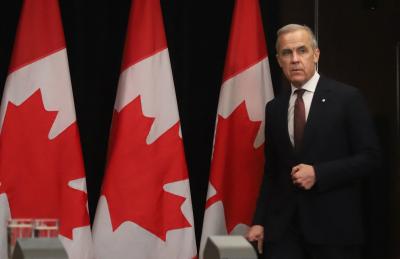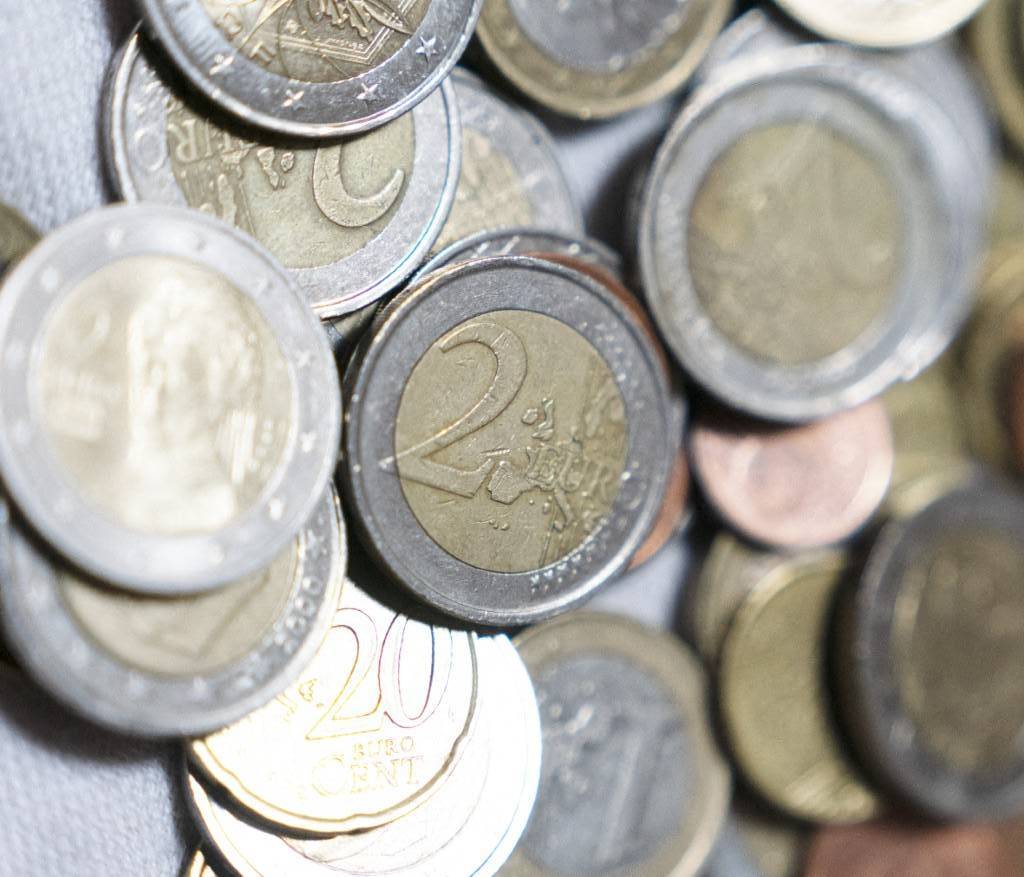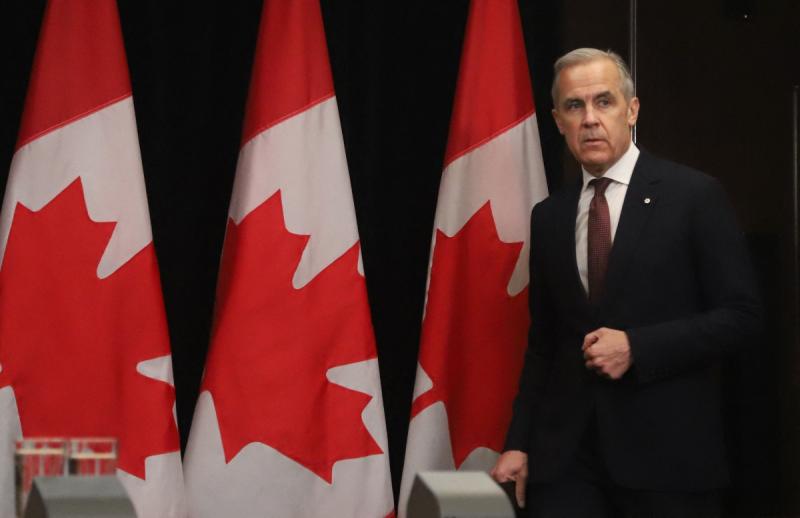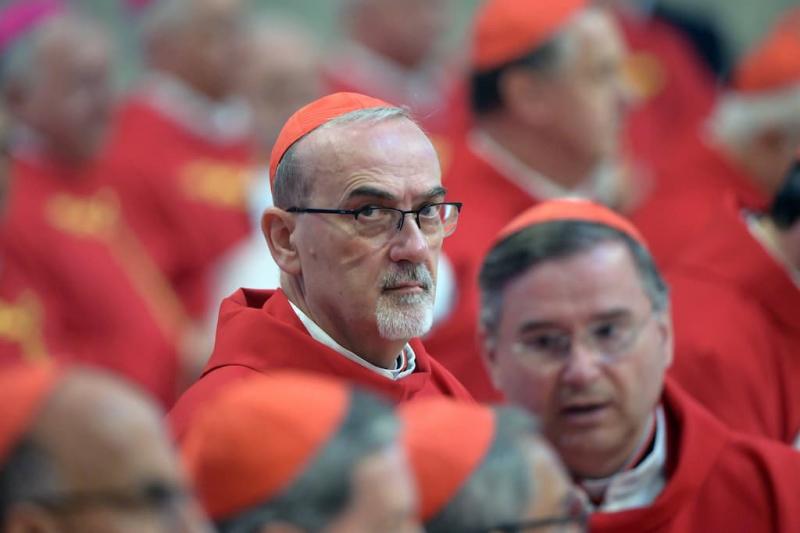This is an interview conducted by our colleague Eric Revel in Paris with Matéis Mouflet, Market analyst at XTB France about a based on a survey of 1,022 people representative of the French population by age, socio-professional category, type of agglomeration, and region of residence. Interviews were conducted online using the CAWI system in late 2024.
The French continued to "hoard" money to accumulate "precautionary savings" in anticipation of an unpredictable and difficult future due to the persistent political and economic upheaval. Éric Lombard, the new Economy Minister, has promised "limited" tax rises, which aligns with this protective behavior. Nevertheless, the French people, consumers, and savers are not reassured by these promises.
What does the survey reveal about French savings trends starting in 2025?
The survey highlights that the French possess limited financial knowledge, a fact they openly acknowledge. While 89% of respondents report being capable of saving and investing, the same percentage do not consider themselves financial experts, and 41% even describe themselves as novices.
Their risk aversion is especially evident: 54% of them concentrate on protecting their capital, while 57% place a higher priority on liquidity, stressing the capacity to withdraw funds as needed. On the other hand, only 27% are interested in investments that are focused on performance. The Livret A account and euro-denominated life insurance funds continue to be the most popular savings options, followed by gold and real estate investments.
Despite being regarded by financial professionals as both high-performing and low-volatility over the long term, equities are largely overlooked by French savers. Only 11% view equities as a future investment, with the figure rising slightly to 18% among those who consider themselves financially knowledgeable — but it remains low overall.
The typical French saver emerges as someone cautious, frugal, and lacking financial expertise, contrasting sharply with the stereotypical Anglo-Saxon saver.
Young people under 35 are more inclined to invest in risky assets than older generations
Do the French believe their savings protect them from inflation?
More than half (56%) of the savers surveyed believe that investing in the real economy offers the best protection against inflation. However, due to limited financial literacy, French savers often mistakenly perceive equities as unprofitable and risky. Expatriation is seen as an alternative by 44% of respondents, with this figure rising to 66% among those under 35.
Notably, nearly half of the French (47%) consider saving more as a solution to counter inflation. While this approach could be effective if savings were invested in vehicles offering returns significantly above inflation rates, this is rarely the case. Over the past 50 years, the average annual price increase has been 4.8%, while the average Livret A rate has been only 3.47%. This gap of over 1% represents a significant long-term loss in value for savers.
Theoretically, during inflationary periods, it makes sense to invest or even consume immediately to avoid higher future costs. However, the French tend to reduce their current consumption, accepting higher future expenses while placing their savings in low-yielding options like Livret A accounts or euro funds. This approach results in a loss of purchasing power, as inflation erodes savings, making this strategy ultimately counterproductive.
No 2025 budget: Are the French waiting or saving more due to fiscal uncertainty?
After the fall of the Barnier government, the French face unclear fiscal policies, with the new Finance Minister, Éric Lombard, announcing a "limited" tax increase.
It is still too early to assess the immediate effects of the political turmoil. However, it seems unlikely that the next government will abandon the inflation-linked adjustment of income tax brackets. As a result, the French should not expect an increase in income tax burdens for the coming year.
Still, between Q3 2023 and Q3 2024, the household savings rate rose from 16.5% to 18.2%. This increase is primarily attributed to rising interest rates, which have significantly reduced savers' ability to invest in real estate. Consequently, many are saving even more in hopes of securing a real estate down payment when interest rates improve.
This government, like others before it, may be tempted to "plug the budget gap" using French savings!
This surge in savings appears more driven by economic constraints than by deliberate fiscal strategies. However, this "forced" savings could soon be complemented by "conviction-driven" savings, as consumer confidence in the economy has fallen by 5.5% since September — typically a sign that people are saving more to safeguard against future risks.
Bitcoin’s rise with Trump’s presidency: Are cryptocurrencies the "haven" of the new generation?
Young people under 35 are more inclined to invest in risky assets than older generations, partly because they grew up alongside the emergence of ETFs and cryptocurrencies, relatively new products. Yet, only 13% foresee cryptocurrencies outperforming in the long term.
Some investors view cryptocurrencies as "safe havens," aware that central banks have engaged in significant monetary expansion in recent years, often blamed for recent inflation. Unlike traditional currencies, established cryptocurrencies like Bitcoin and Ethereum are protected from inflation through mechanisms that limit their issuance, preventing uncontrolled expansion akin to that of the European Central Bank.
However, in practice, cryptocurrencies struggle to serve as true safe-havens. Their extreme volatility makes them unsuitable for this role, and their high correlation with stock markets, particularly tech stocks, further undermines their protective qualities. Instead, cryptocurrencies should be viewed as amplifiers of risks — and potential returns — associated with equities, rather than as secure shelters.
Gold in times of uncertainty: A timeless asset for individuals and states?
Gold remains a highly regarded asset, often inversely correlated with broader markets. During market downturns caused by shocks like pandemics or conflicts, gold prices tend to remain stable or even rise. Furthermore, in bull markets driven by central bank interest rate cuts, gold can also benefit, offering potential gains in both scenarios.
Survey findings: Gold as a future investment
According to a recent survey, gold continues to be seen as a future-proof investment. The precious metal has become the "civilized relic" of a "barbaric economy."
Gold is regarded as a benchmark asset by the French. Not only do 35% believe it will deliver the best performance over the next two decades, but they also attribute to it a defensive quality that aligns perfectly with their cautious nature.
However, this perception is paradoxical and reflects a cognitive bias. The most high-performing assets cannot also be the least risky. Taking risks is essential for achieving high returns.
Gold vs. Bonds: Which is the better choice?
Gold and physical assets like real estate are perceived by the general public as low-risk investments. On the other hand, even while bonds are typically considered safe havens, they don't have the same allure, although many French people indirectly own them through euro funds in life insurance contracts.
For states and central banks, gold purchases are not about financial performance but rather about hedging against inflation and strengthening public confidence in currencies like the euro and the dollar. However, the quantities of gold held remain modest compared to the vast money supply in circulation.
 Mateis Mouflet
Mateis Mouflet
 Politics
Politics


















